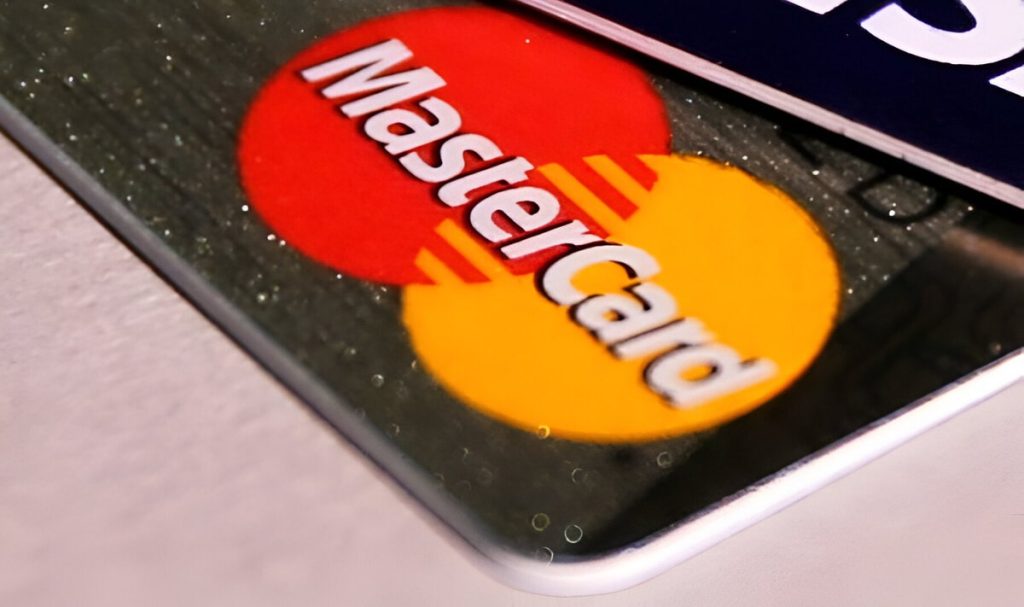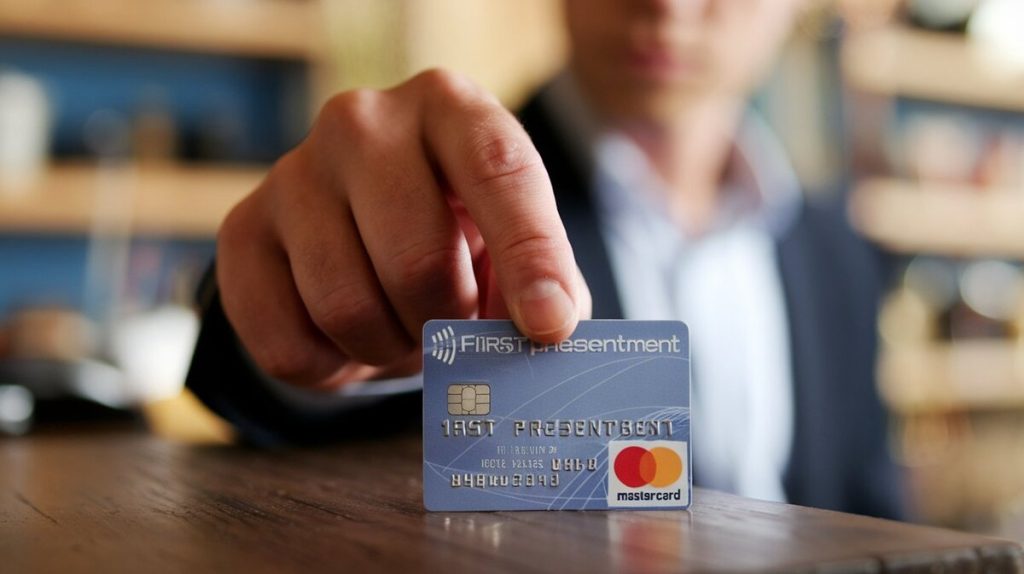Chargebacks can be costly for businesses. A chargeback occurs when a cardholder disputes a transaction, requiring the merchant to return funds. Understanding first presentment in the Mastercard chargeback process is essential for businesses to avoid unnecessary losses. This article explains first presentment, its role in chargebacks, and how to manage and reduce disputes.
What Is First Presentment?
First presentment is the initial step in the payment process. When a customer makes a purchase, the merchant sends transaction details to the card issuer through the acquirer. If the issuer approves the transaction, it sends the payment to the acquirer, and the merchant receives the funds.
Key Steps in First Presentment:
- Merchant submits transaction data: The acquirer sends the transaction information to the issuer.
- Issuer reviews transaction: The issuer checks for any issues, such as fraud or incomplete data.
- Authorization: If the transaction passes the review, the issuer authorizes the payment.
- Settlement: The payment moves from the issuer to the acquirer, completing the sale.
Mistakes during first presentment, such as incorrect data or suspicious transactions, can lead to chargebacks. Ensuring accuracy is critical to prevent these issues.
First Presentment’s Role in the Chargeback Process
First presentment is part of a larger chargeback process. When a cardholder disputes a charge, the following steps occur:
- First Presentment: The transaction is processed and sent to the issuer.
- Chargeback: The issuer disputes the transaction, reversing the payment.
- Second Presentment: The merchant can dispute the chargeback by providing evidence.
- Pre-Arbitration: If the issuer rejects the second presentment, a further review is requested.
- Arbitration: Mastercard decides the final outcome.
Mastercard Chargeback Cycle
| Stage | Description | Timeline |
|---|---|---|
| First Presentment | Transaction is submitted to the issuer. | Immediate |
| Chargeback | Issuer disputes the transaction. | 120-540 days from transaction |
| Second Presentment | Acquirer submits evidence to dispute the chargeback. | 45 days from chargeback |
| Pre-Arbitration | Issuer or acquirer requests further review. | 30 days from second presentment |
| Arbitration | Mastercard reviews and assigns responsibility. | 45 days from pre-arbitration |
The chargeback process starts with first presentment. Errors in first presentment can lead directly to chargebacks, costing businesses time and money.

Key Components of First Presentment
Accuracy is essential at the first presentment stage. Common causes of disputes include inaccurate transaction details and fraud. To reduce errors, merchants must ensure the following:
- Cardholder information: Full name, card number, and expiration date.
- Transaction amount: It must match the authorized amount.
- Merchant descriptor: A clear, recognizable descriptor to avoid confusion.
- Timestamp: Correct time and date of the transaction.
Any discrepancies can lead to chargebacks. Many disputes occur when cardholders don’t recognize transactions due to vague merchant descriptors.
Avoiding Disputes During First Presentment
Merchants can reduce the risk of disputes by focusing on several key areas:
1. Fraud Prevention
Fraud is a significant cause of chargebacks. Merchants can minimize fraud-related disputes by:
- Using fraud detection tools such as 3D Secure.
- Monitoring transaction patterns.
- Implementing address verification services (AVS).
2. Clear Transaction Descriptions
A clear merchant descriptor is critical for preventing disputes. Confusing or inaccurate descriptions are a common reason for cardholders disputing charges. Ensure the descriptor is easily recognizable by the cardholder.
3. Transparent Return and Refund Policies
Clearly communicate return and refund policies at the point of sale. This transparency can prevent disputes related to non-receipt of goods or dissatisfaction with products.
4. Use of Chargeback Prevention Services
Partnering with reliable chargeback management services can help merchants prevent disputes. Merchanto.org, an official partner of VISA and Mastercard, offers tools to help manage and prevent chargebacks. Visit Merchanto.org for more information.
Second Presentment and Arbitration: What Happens Next?
If a chargeback occurs, the merchant can dispute it through second presentment. This involves the acquirer providing evidence to the issuer that the transaction was valid. If the issuer disagrees, the case may proceed to arbitration.
Facts About Second Presentment
- Merchants have 45 days to submit evidence during second presentment.
- Chargebacks are typically initiated 120-540 days after the transaction.
- Common reasons for chargebacks include fraud, non-receipt of goods, and unauthorized transactions.
Evidence for Second Presentment:
- Receipts: Transaction receipts showing customer authorization.
- Shipping information: Proof of delivery for goods.
- Communication records: Emails or chats with the customer.
- Refund documentation: Proof that a refund was issued, if applicable.

Best Practices for Managing First Presentment and Chargebacks
To reduce chargebacks, merchants must adopt several key practices:
1. Monitor Transactions in Real Time
Real-time monitoring can detect unusual activity early, reducing fraud-related chargebacks. Fraud prevention systems, like 3D Secure, provided by VISA and Mastercard, are essential.
2. Maintain Accurate Records
Accurate documentation is vital for defending against chargebacks. Keep clear records of transactions, shipping details, and communications with customers.
3. Respond to Chargebacks Promptly
Merchants have 45 days to respond to chargebacks. Delayed responses can result in lost disputes and additional penalties.
4. Understand Reason Codes
Mastercard and VISA use reason codes to categorize chargebacks. Understanding these codes helps merchants prevent and respond to disputes effectively.
Common Mastercard Chargeback Reason Codes:
| Reason Code | Description | Solution |
|---|---|---|
| 4837 | No Cardholder Authorization | Use fraud detection tools like 3D Secure. |
| 4853 | Goods Not Received | Provide tracking and delivery information. |
| 4863 | Cardholder Does Not Recognize | Use a clear merchant descriptor. |
| 4853 | Services Not Rendered | Provide proof of service fulfillment. |
Conclusion
First presentment plays a crucial role in the chargeback process. By focusing on accuracy, fraud prevention, and clear communication, merchants can reduce the risk of chargebacks.
By taking the right steps during first presentment and understanding the chargeback process, merchants can minimize financial losses and maintain smoother operations.
Chargeback Fees and Timelines
| Action | Fee | Timeline |
|---|---|---|
| First Presentment | N/A | Immediate |
| Chargeback Filing | $25 to $50 (varies by region) | 120-540 days from transaction |
| Second Presentment (Representment) | $50 (administration fee) | 45 days from chargeback |
| Arbitration | $500 to $700 | 45 days from second presentment |



